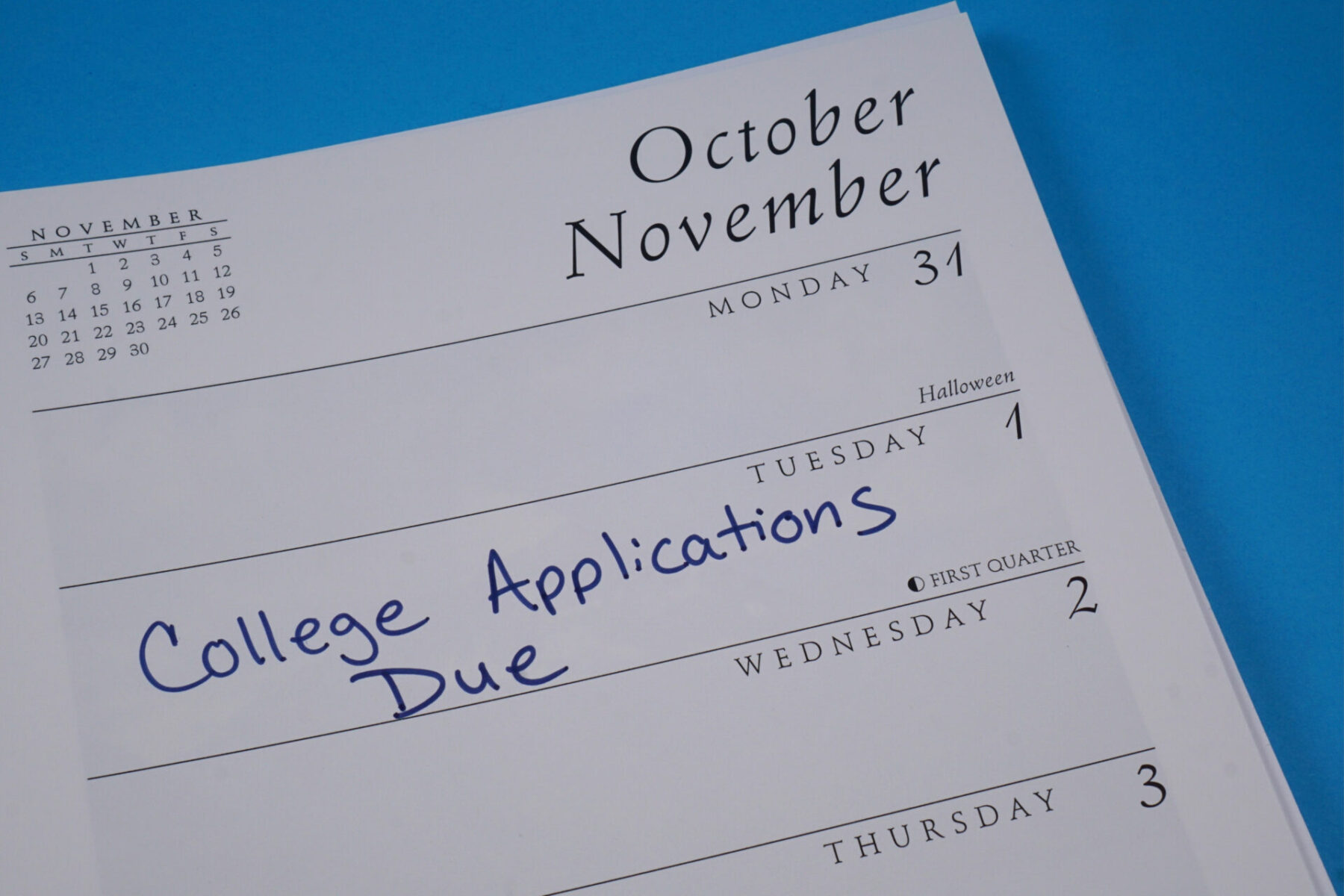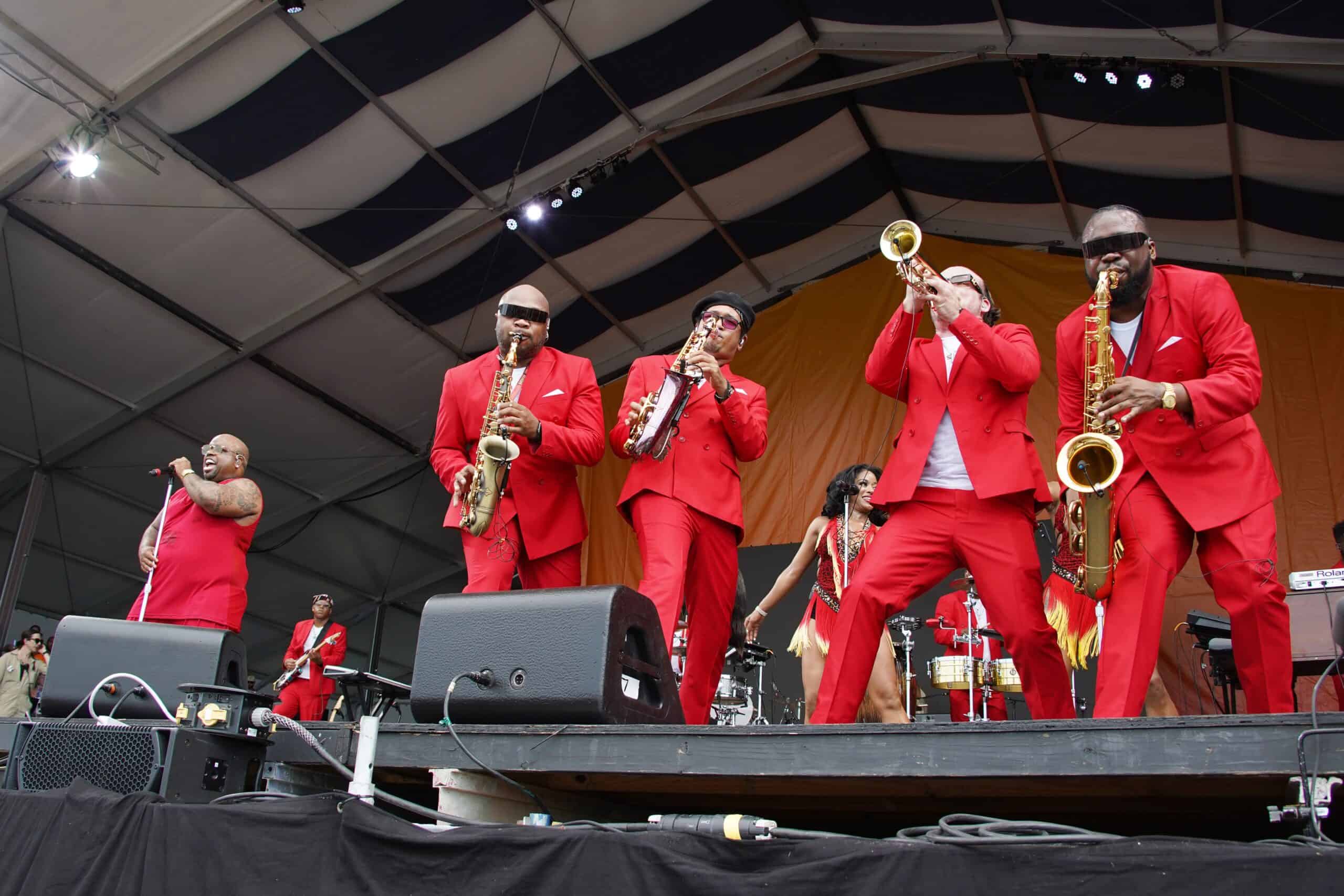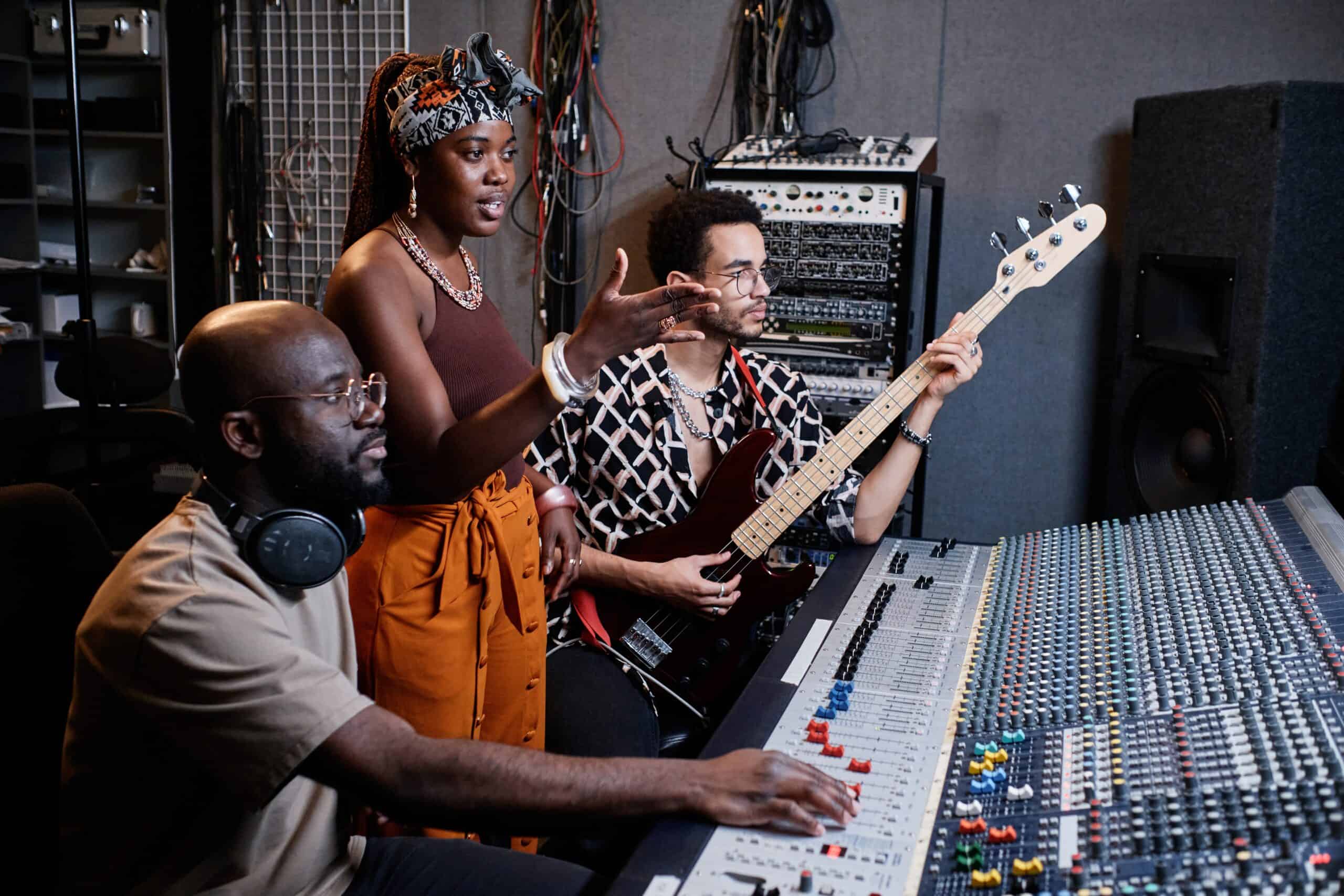Eduard Treshchev: A Musical Journey from Russia to America


Inside Music Schools: The Go-To Partner for Educational Consultants with Music Students

Discover the Frost School of Music at the University of Miami

DIY Music School Admissions vs. Working with a Specialist

Scholarship Questions: What Music Majors Need to Know to Stand Out

Using Social Media to Launch Your Music Brand

Do You Need to Specialize? Finding Your Place in the Music Industry

How to Write a Financial Aid Appeal Letter for Music School

Does Early Action Increase My Chances of Acceptance?

A Guide to the Best Colleges in California for Music

Simulated Interviews: A Key to College Music Interview Success

Time Management Strategies in the College Application Season

Is a Double Major Worth It? Part 2

Balancing Passion and Practicality with a Double Major, Part 1

Manhattan School of Music: A Launchpad for Aspiring Musicians

Henry Godfrey Finds His Beat for His Future Music Career

Networking in College: Building Connections for Music Career Success

A Guide to the Best Midwest Colleges for Music

Mario Williams: A Music Business Major with a Path Less Traveled

Leveraging Music Industry Internships for Real-World Experience

Double Major vs. Dual Degree Programs and What They Mean for College Music Majors

Apply to College: How Consultants Help Music Majors Refine Their Student Portfolio

Beginner Music Theory Aspiring College Music Majors Need to Know

Music Careers for Music Lovers

Jaime García-Añoveros III Aims for a Double-Major in Composition and Philosophy

Tanisha Lokwani’s College Experience at Berklee

Apply to College: Why Every Music Major Needs a Video Guide to Prescreening

Even Music is Bigger: Top Music Colleges in Texas

Apply to College: What Makes a Great College Application Essay?

5 Experts Weigh In: What is Good Music Practicing?

Jobs in the Music Industry for Non-Musicians

Understanding the Lingo of College Admissions

Pursuing Passion: Mila Mincy’s Path to USC as a Music Major

Rehearsal Techniques Auditioning for Juilliard Taught Me

Why Is Applying to College for Music So Hard? 7 Common Application Process Challenges

From College to Career: Navigating Life After Music School

Music Specialization: “Jack of All Trades” or “Master Of One?”

Music Major to Music Major: Best Advice for College Freshmen

How to Wow the Faculty in a Singing Audition as a Vocal Performance Major

Highest Paying Music Jobs In the Music Industry

From Preparation to Application: Getting Ready to Apply to Music School

Leading Music Schools in New York City

Making the Grade: Why Academics Matter for Music Majors

Why Choose Inside Music Schools as Your Music School Admissions Consultant

4 Expert Tips for Choosing College Musical Theater Audition Material

Choosing the Right Music College in 2024

Career Paths for Music College Graduates in 2024

Parents, You’ve Got it M.A.D.E.

How to Prepare and Win your Audition!

The Evolving World of Music Education, Part III: The Future is for Multi-Faceted Musicians
